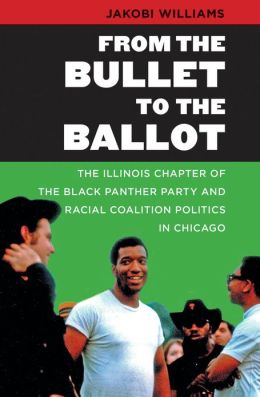The first 200 years in court
The U.S. Constitution and Bill of Rights created government and rights of, for and by the people. Nearly since their creation, however, these documents have been under assault by corporate interests, which have attempted to connect corporate rights to citizen rights. Writing during the early republic, Thomas Jefferson warned“I hope we shall crush… in its birth the aristocracy of our moneyed corporations, which dare already to challenge our government to a trial of strength and bid defiance to the laws of our country.”
With apologies to Mr. Jefferson, here’s a condensed walk through two centuries of court cases that have incrementally given corporations the powers allotted to the people.
1803
Supreme Court rules itself “supreme”; Congress is silent, thereby allowing the Court to make law, regardless of how we read the separation of powers.
Mabury v. Madison
1886
Without hearing arguments on the issue of “corporate personhood” in a case about railroad taxes, Chief Justice Morrison Waite, says to his clerk, a former railroad president, “The court does not wish to hear argument on the question whether the provision in the Fourteenth Amendment to the Constitution, which forbids a State to deny to any person within its jurisdiction the equal protection of the laws, applies to these corporations. We are all of the opinion that it does.” The clerk drafts the statement into a headnote of the case, and it has since been used as precedent.
Santa Clara County v. Southern Pacific Railroad
1893
Court rules the Fifth Amendment’s “nor be deprived of life, liberty, or property, without due process of law,” pertains to corporations.
Noble v. Union River Logging
1905
The Court uses the Constitution to invalidate government regulation of corporations. From then until the 1930s about 200 regulations are invalidated under “substantive due process.”
Lochner v. New York
1906
The Court gives Fourth Amendment “search and seizure” protections to corporations over Justice Harlan’s strong dissent: “[T]he power of the government, by its representatives, to look into the books, records and papers of a corporation of its own creation, to ascertain whether the corporation has obeyed or is defying the law, will be greatly curtailed, if not destroyed.”
Hale v. Henke
1908
Court gives corporations Sixth Amendment right to trial by jury in criminal matter.
Armor Packing Co. v. U.S.
1919
A Michigan Court says, “A business corporation is organized and carried out primarily for the profit of the stockholders. The powers of the directors are to be employed for that end.” Thus, “stockholder primacy” erases historic public good requirement for corporations.
Dodge v. Ford Motor Co.
1936
Court gives corporations First Amendment freedom of speech rights, allowing a newspaper to sell advertising without paying taxes on the income from it.
Grosjean v. American Press
1970
Court gives Seventh Amendment right to jury trial in a civil case to corporations.
Ross v. Bernhard
1976
Court rules political money is equivalent to speech.
Buckley v. Valeo
Court protects commercial speech; advertising is now free speech.
Virginia Board of Pharmacy v. Virginia Consumer Council.


Leave a Reply